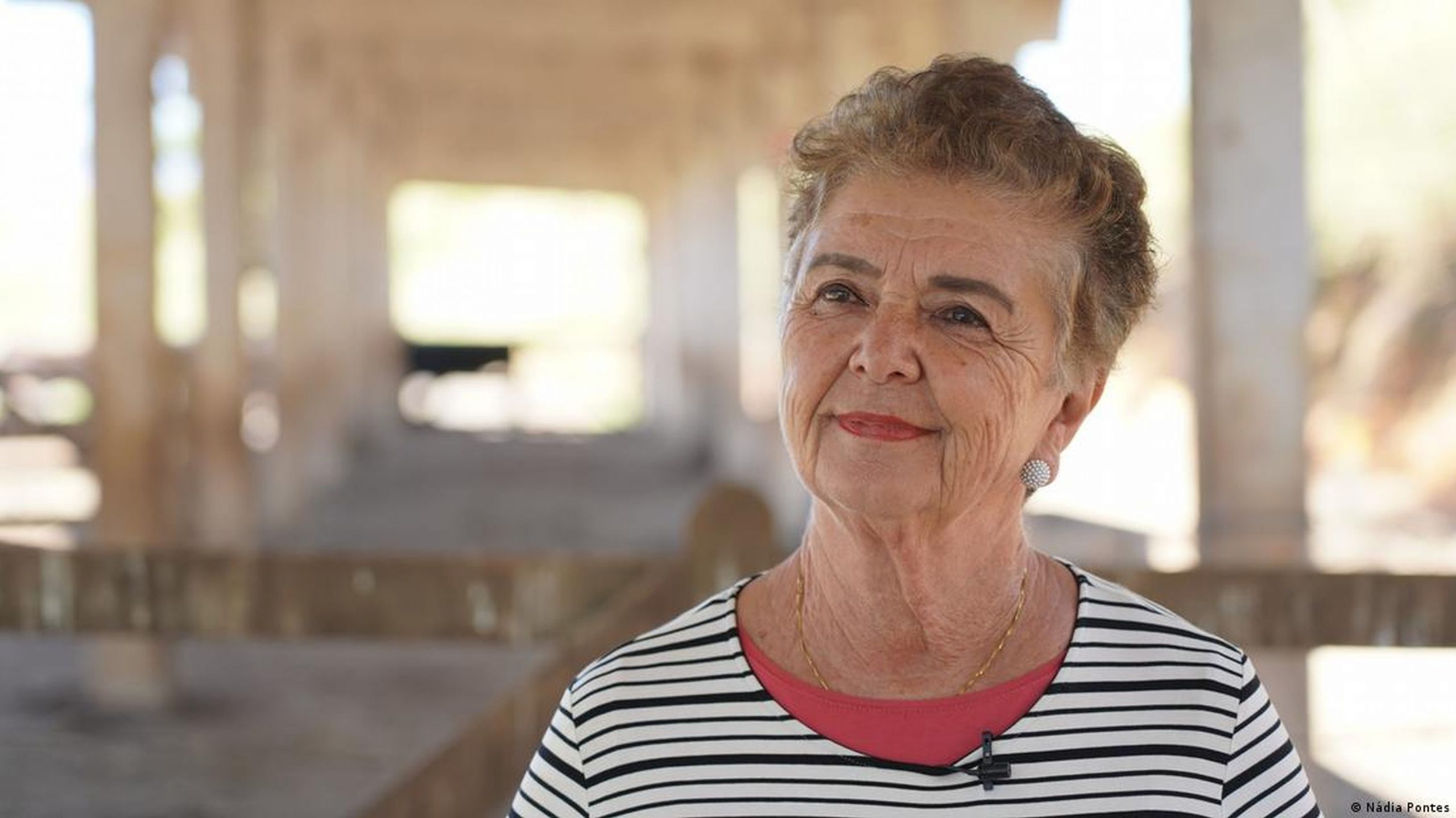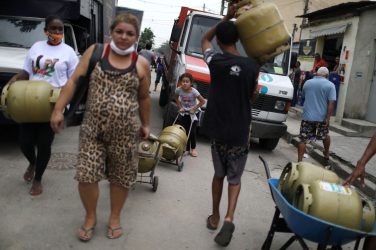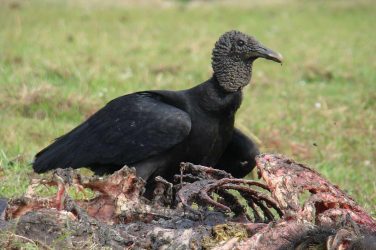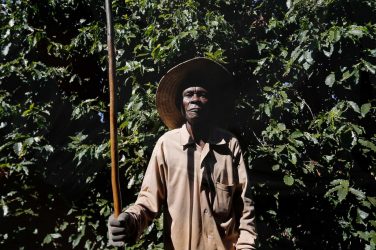In the Belgian city of Ciney — a good hour’s drive away from Brussels — thousands of cows and bulls change ownership every Friday. Some of them have finished their career as dairy cows; others are young bulls or used to be breeding animals. They all are here to be sold to a fattener and afterward to the butcher.
The people at the market live from selling and reselling these cattle. Over the last three decades, the cattle population in Belgium has sunk from 3 million to 2 million animals. Many at the market fear the population will sink even further, and feel their livelihoods might be threatened if more meat is imported from Latin America.
“This would have a very negative effect on the price our producers receive, and this would discourage farmers from taking over farms,” said Benoit Cassart, secretary-general of the Belgian Cattle Trade Federation.
Cassart isn’t just worried about the future; becoming dependent on the rest of the world for food is also a concern. The reason for his unease is the EU-Mercosur trade deal.
Negotiations to create the world’s largest free trade area began between the EU and Mercosur states — comprised of Brazil, Argentina, Paraguay and Uruguay — more than 20 years ago. In 2019, both sides reached a general agreement but since then concerns have been holding up the finalization.
An eventual deal would create a free trade area between the 27 member states of the EU and the Mercosur members, comprising nearly 800 million people.
Brazilian farmers see the deal as a business opportunity
In Brazil, cattle farmer Ellen Marina sees the trade deal as an opportunity. The businesswoman owns a thousand heads of cattle and three farms. Her animals are sold to slaughterhouses, which export directly to Europe.
“Premium, high-quality meat holds great value in Europe. That’s not the case in China, for example. We are hopeful that the European market will open up to Brazilian meat with the finalization of the agreement,” Marina said.
Brazil is the global leader in meat exports and has the largest cattle herd in the world, with approximately 224 million animals. China is the main buyer of Brazilian commodities, accounting for roughly two-thirds of the country’s beef exports in 2022. The European Union comes in second place, followed by the United States, according to the Brazilian Ministry of Industry, Foreign Trade and Services.
With the EU-Mercosur trade deal, the Brazilian Association of Meat Exporting Industries, ABIEC, expects the bloc to regain a position Brazil once enjoyed. Director Fernando Sampaio said a series of restrictions — mainly sanitary ones — imposed on the country by the EU led to a significant reduction in exports at the beginning of the 2000s.
“We hope that the agreement will pave the way for streamlining trade between the two blocs, while also creating conditions for unnecessary barriers to be removed,” he said.
Belgian farmers worry about the environment
On his farm in the Belgian countryside, Cassart breeds livestock himself — around 200 Belgian Blue cattle. Cassart is worried about the environmental impact of cattle farming in Brazil where, compared to Europe, he said inferior sanitary and environmental regulations are in place.
“That doesn’t mean they are producing something bad. But if they must remove the Amazon rainforests to produce meat and send it to Europe, and this makes our green pasture redundant, it makes no sense at all,” he said.
Most of the Brazilian cattle farms are located in the central state of Mato Grosso, which includes parts of the Amazon rainforest. The majority of deforestation is caused by the illegal occupation of public lands and the expansion of agriculture and livestock farming.
In the Atlantic forest, where Ellen Marina has her farm, cattle production, as well as crops such as coffee and sugarcane, are mainly responsible for the deforestation.
There are concerns that enabling broader access to the EU’s market would lead to further deforestation. The current Brazilian government announced steps against illegal deforestation in theAmazon, and says that the deforestation rate has fallen compared to 2022.
Still, the EU-Mercosur agreement has been widely criticized by environmental activists. Greenpeace recently launched a protest campaign in Brussels to stop the Mercosur agreement, which they call a “toxic trade deal.”
Are environmental requirements a stumbling block or a chance?
Environmental protection measures, including in the Amazon region, are currently the main roadblock hindering the trade deal. The European Commission has proposed an addendum to the treaty, enshrining environmental requirements, but this has been rejected by crucial Mercosur states. Earlier this month, Brazilian President Luiz Inacio Lula da Silva called the text “unacceptable” at a summit of Mercosur leaders in Argentina.
Patricia Iglecias, a law professor at the University of Sâo Paulo, thinks the detailed environmental regulations in the agreement are an opportunity for Brazilian producers committed to an environmentally responsible agenda. The EU-Mercosur deal would also help control production chains in the Amazon by requiring countries to comply with local legislation, she added.
“We have a series of regulations, from the Federal Constitution to the Forest Code as it stands today, that restrict the expansion of cultivation areas,” Iglecias told DW.
But before the trade deal and its repercussions for livelihoods on both continents can take effect, both sides must agree on the next steps. With Spain heading the rotating Council of the EU presidency and Brazil at the helm of Mercosur until the end of 2023, political pressure to finalize the deal by the end of the year is high.
News agency AFP recently reported that Brazil’s Lula has his own proposal on the environmental requirements, which he wants to discuss at a summit of the EU and the Community of Latin American and Caribbean States in Brussels on July 17 and 18.
Lucia Schulten is an Europe correspondent at DW Studio Brussels, with a focus on the EU and international courts.
DW













